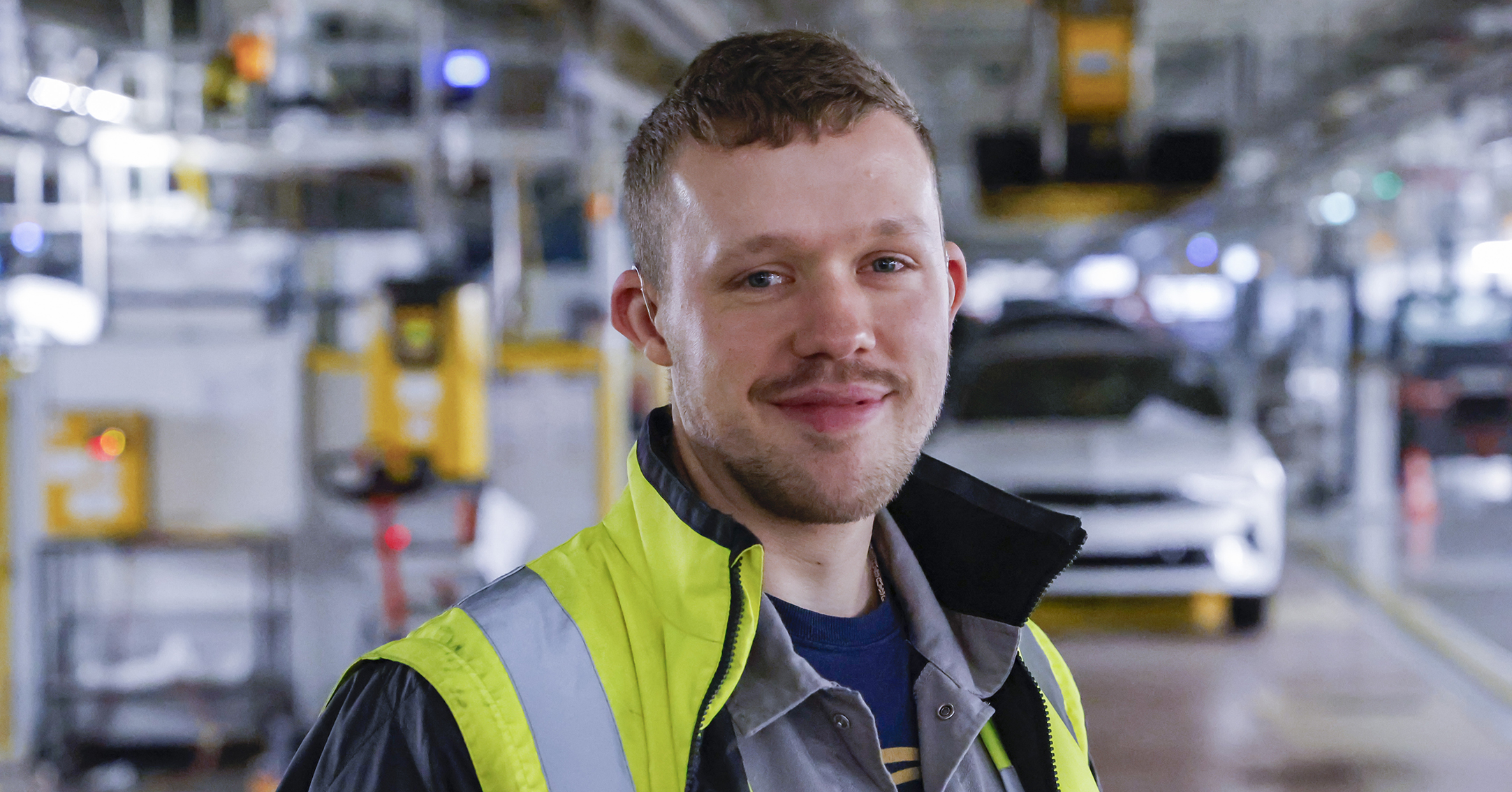The two are a well-oiled team: Christian Achenbach and Martin Heyden head unerringly towards a distribution box. Batteries are lined up there to keep the emergency lighting in the production hall running in the event of a power outage. Connect the measuring device, check the voltage, note down the data – it’s a routine process. If you don’t know it, it’s hardly noticeable: as soon as Martin speaks to his colleague, he looks at him. Because: Christian Achenbach reads the words from his teammate’s lips. Although he wears a hearing aid – “that ensures that I can hear about 60 percent of the time” – the movements of his lips make it easier for him to understand what is being said.
Christian, who was born with hearing impairment, has been part of the Rüsselsheim building maintenance team for over a year. “I feel comfortable at Opel, very much so,” says the 30-year-old. Martin Heyden casually makes a few quick hand signals. The 22-year-old has learned some basics of sign language. The alphabet, the numbers. For example, he uses a combination of both to sign building names such as K 170. “Christian taught me the important hand signals,” says Martin, first tapping the crook of his left arm with his right hand and then making a snapping movement. It means “lazy dog.” The two laugh.
“I felt comfortable at Opel right from the start – welcomed and valued.”
– Maintainer Christian Achenbach –
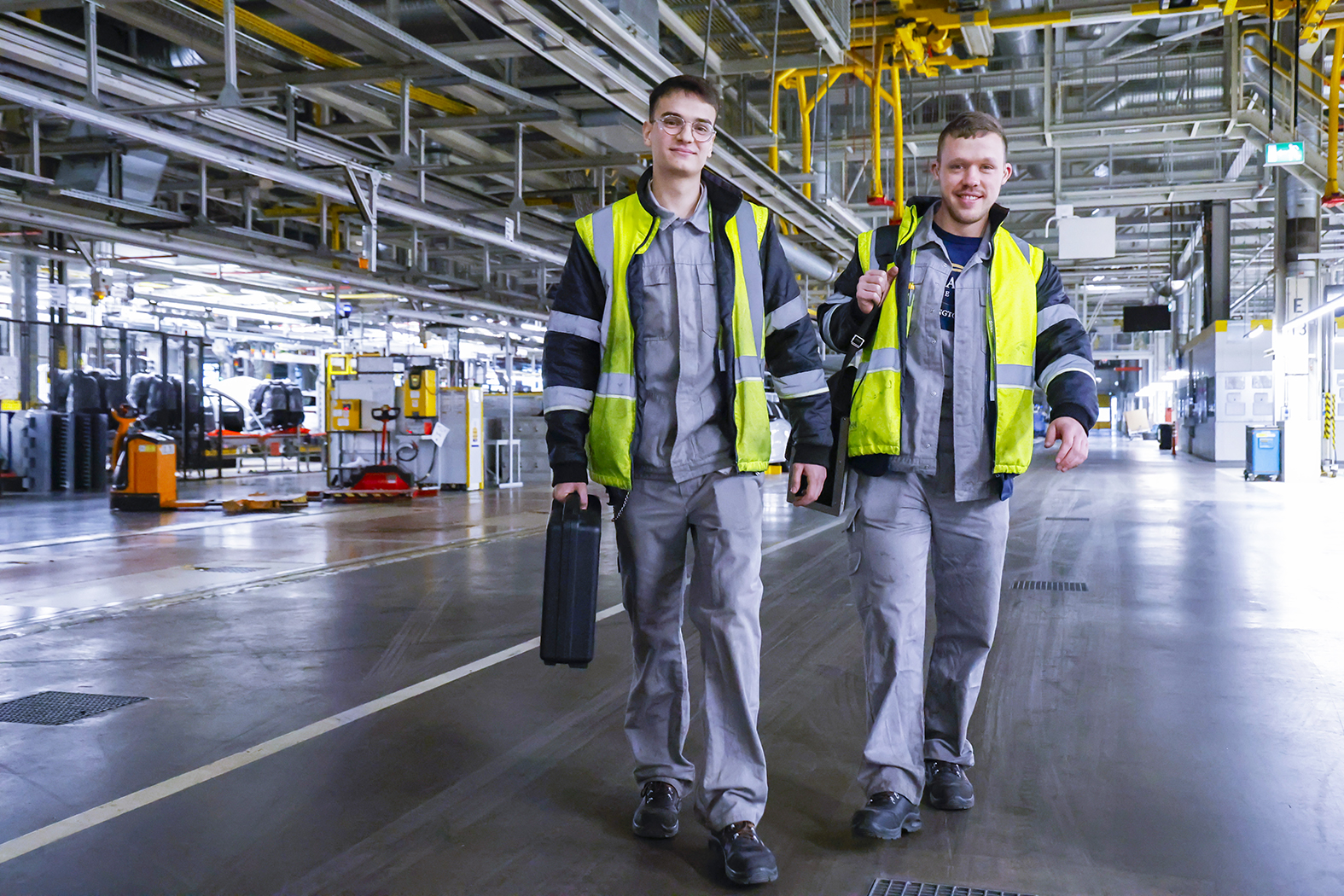
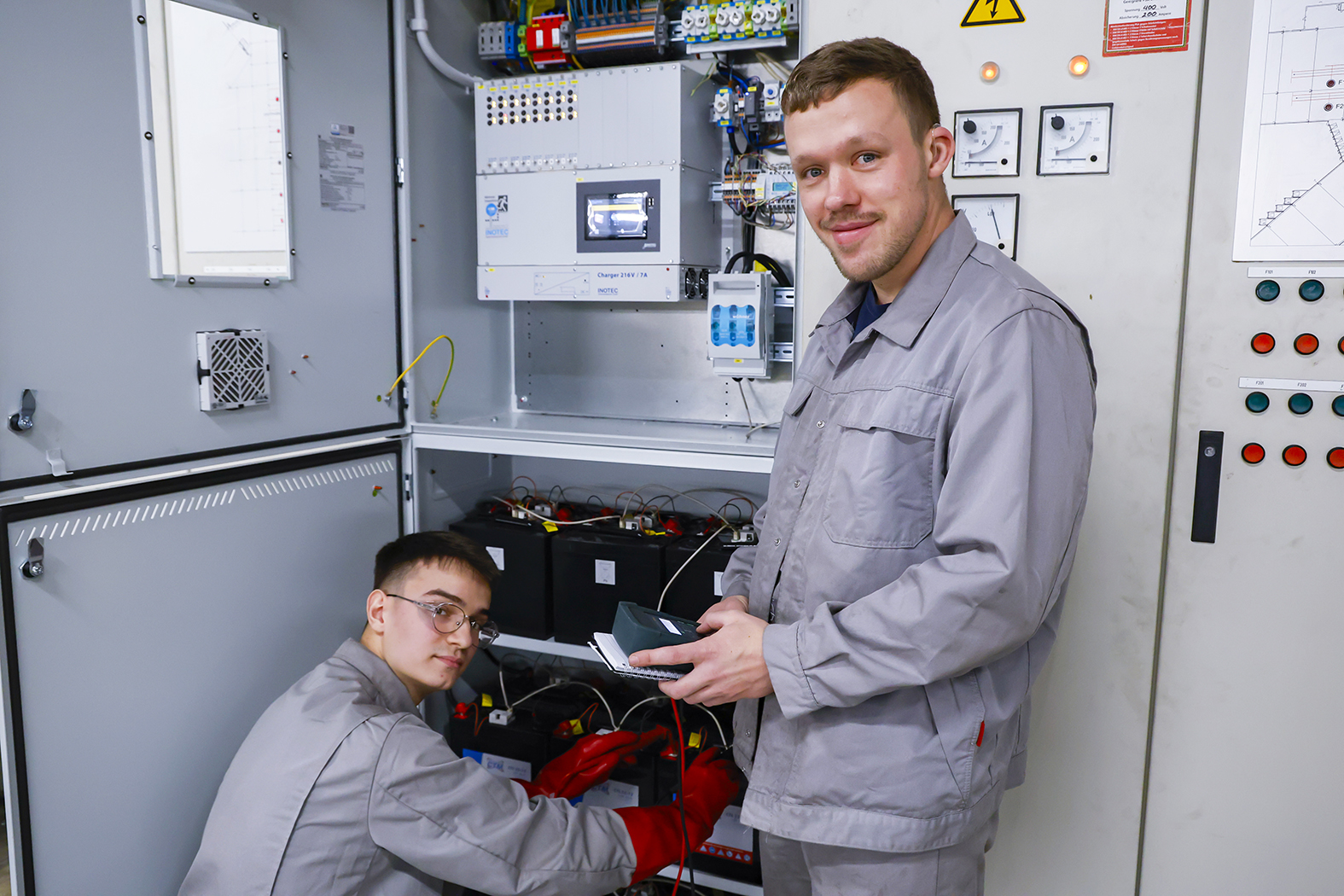
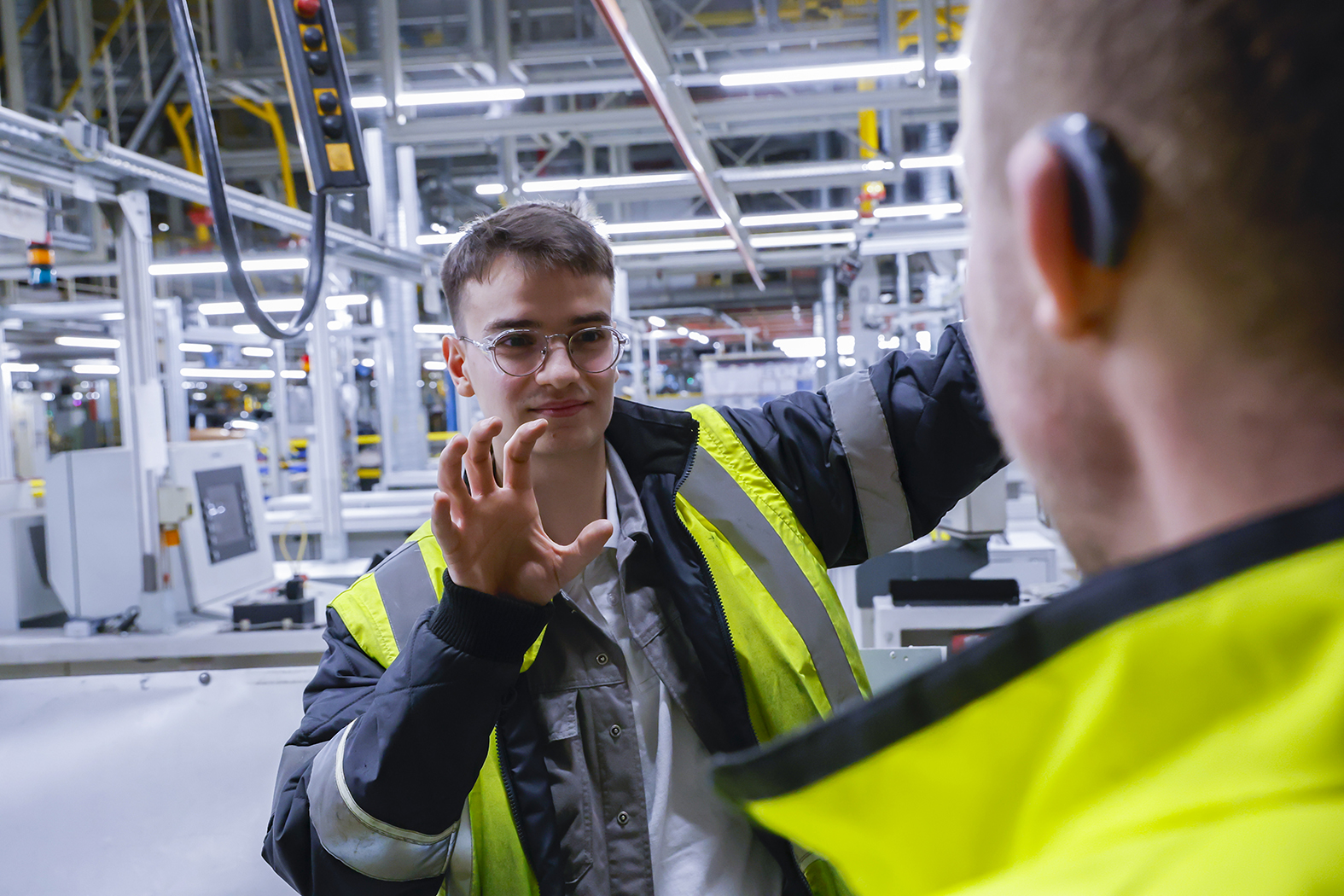
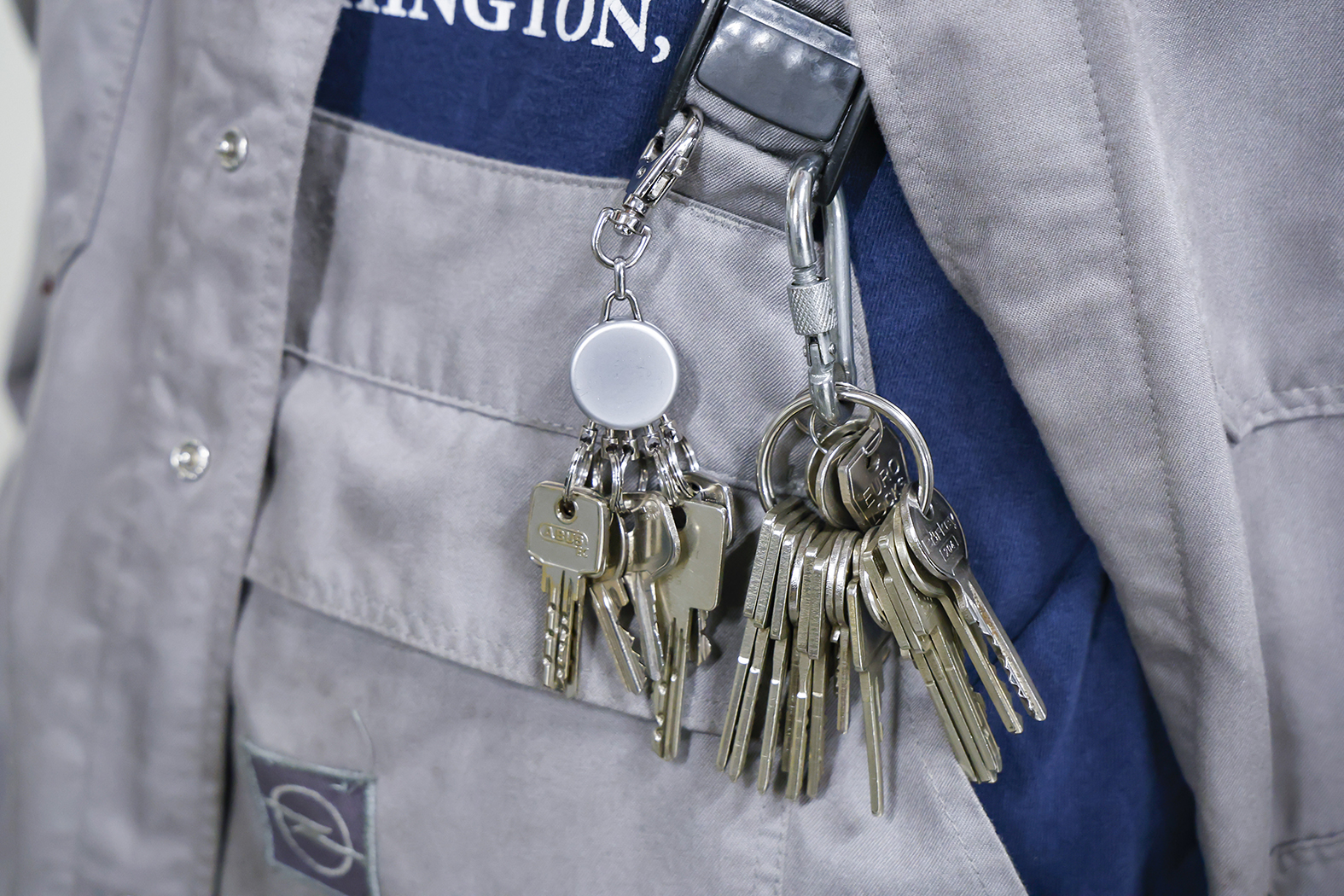
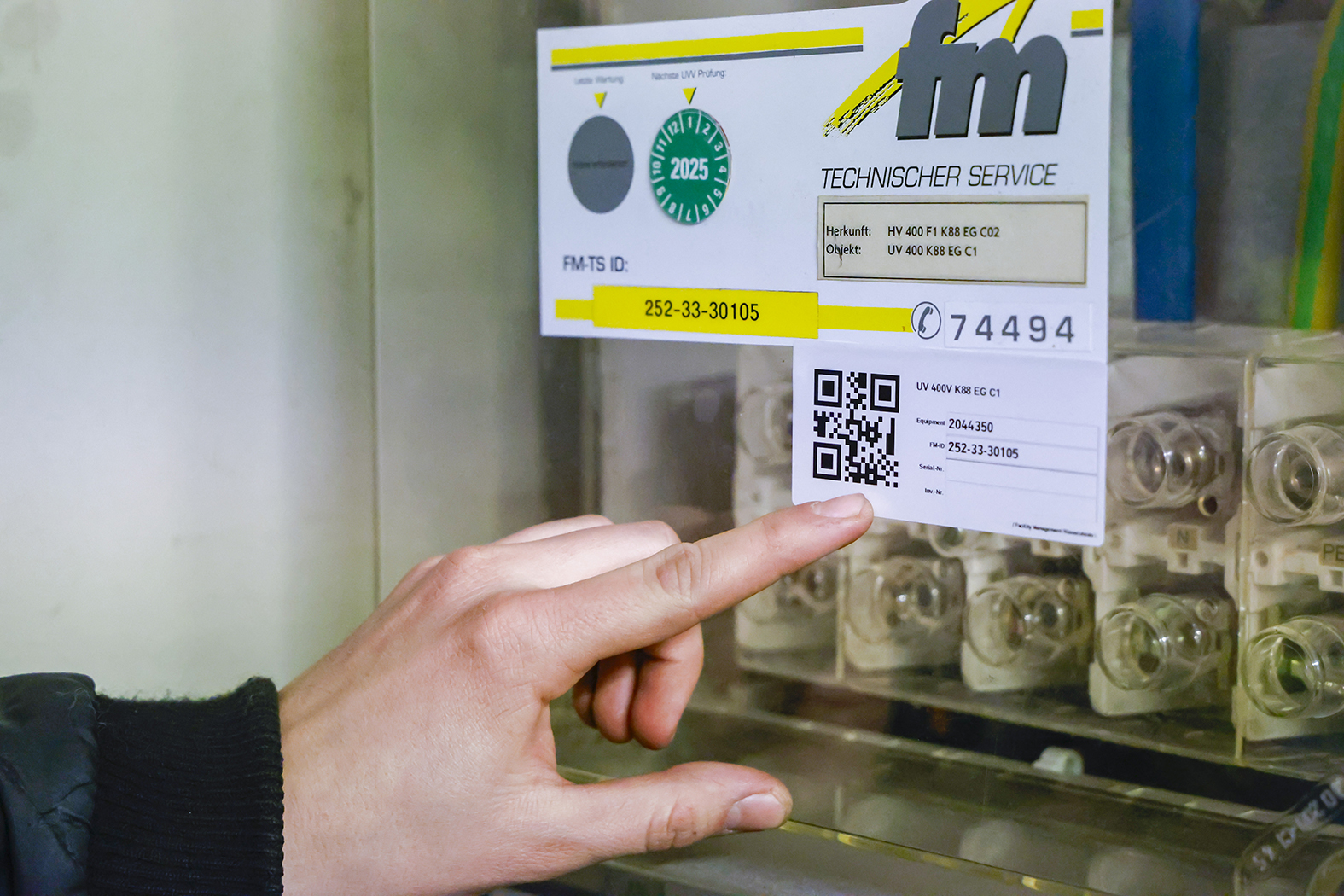
Christian was part of the maintenance team for a few weeks during his training as a mechatronics engineer. “It was already clear back then: he was a capable, cool guy who fit in really well with the team,” says foreman Kai Becker. When Christian applied for a permanent position after his training, Becker specifically chose him from among all the applicants. Equal opportunities and inclusion – they are already part of everyday life in the company. The rate of severely disabled people is currently at around nine percent. “Opel has been committed to an inclusive working environment for many years in which all employees can develop their potential,” says Opel Labour Director Ralph Wangemann.
And yet it is not always a given to see applicants and employees with their individual strengths. “We are therefore constantly committed to further progress,” says Wangemann. This includes structural measures such as electric door openers or an alarm system for deaf people. According to the Managing Director HR, Opel is working closely with partners to find individual solutions. This includes representatives for the severely disabled, the works council, the company medical service, the human resources department, supervisors, but also the integration office and the integration specialist service.
“Christian’s hearing is impaired – so what? We all have some sort of handicap.”
– Foreman Kai Becker –
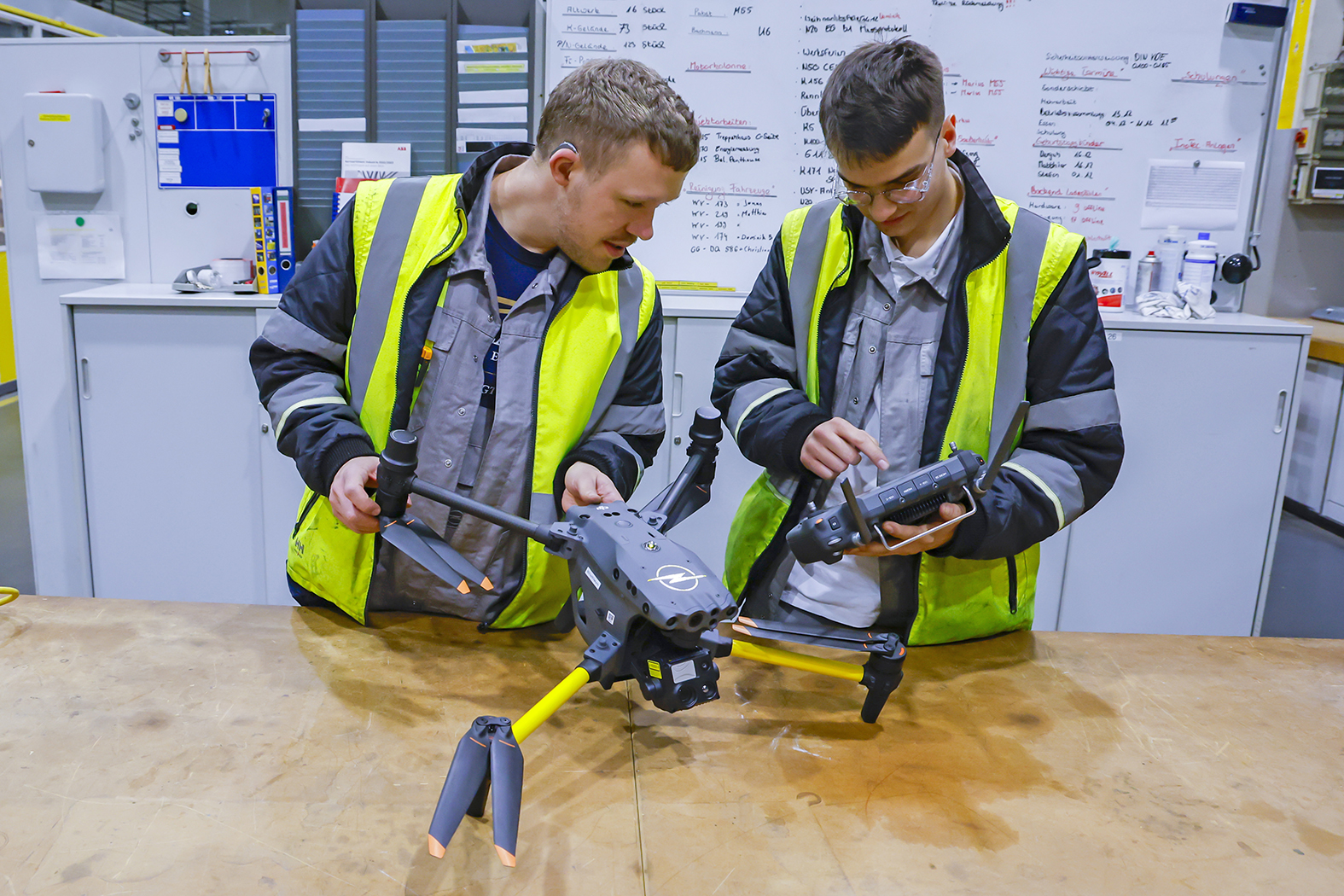
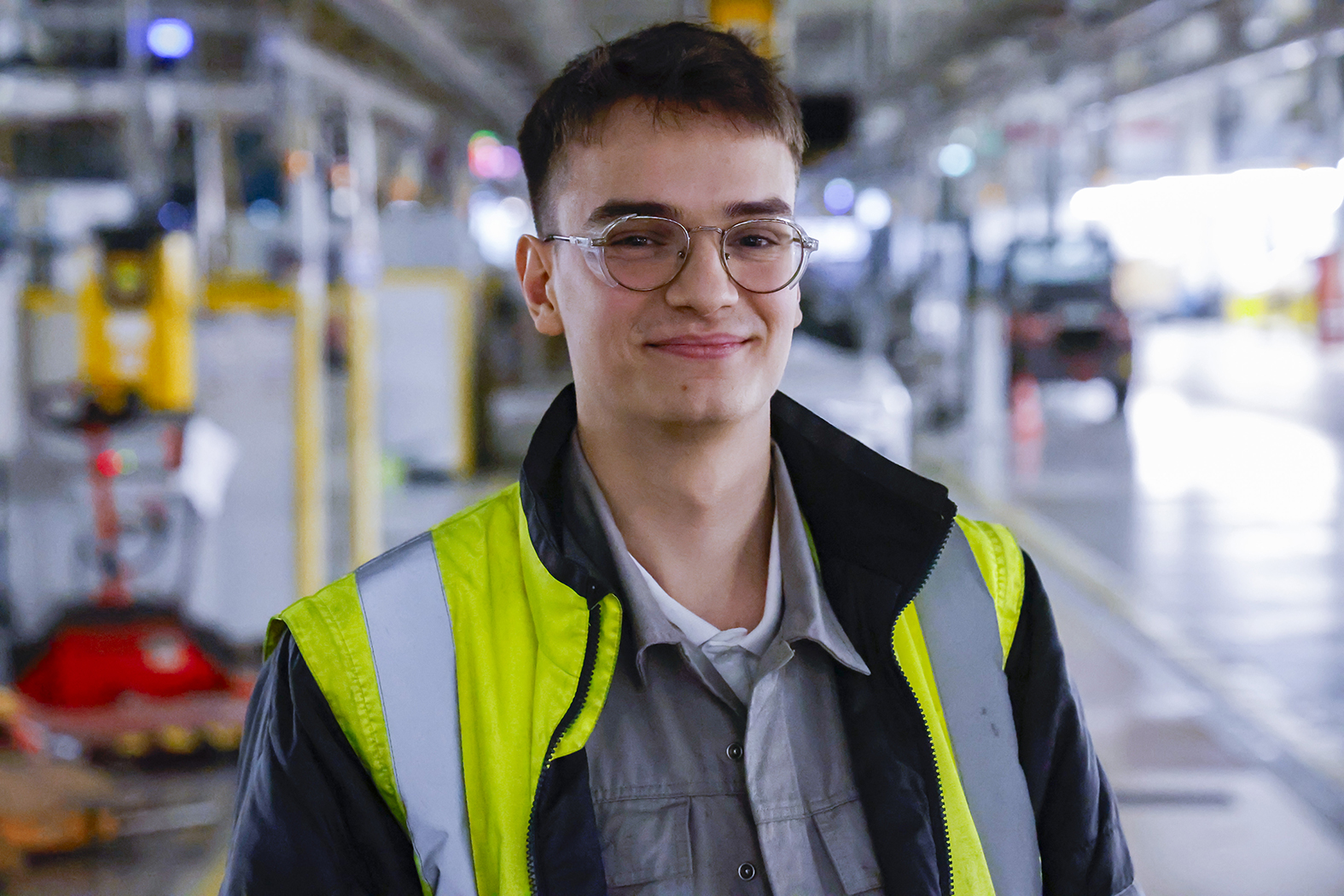
Appropriate structures and measures are important. But at least as important is the willingness of everyone involved to see diversity as an opportunity and a strength and to approach colleagues with disabilities in an open and tolerant manner. Superiors like Kai Becker says: “Christian’s hearing is impaired – so what? We all have some kind of handicap.” And so the foreman, together with Christian and the team, found simple solutions. Christian is not allowed to carry out operations alone – but the maintenance staff always work in teams of two anyway. Safety briefing videos have subtitles.
“Opel is committed to an inclusive working environment in which everyone can develop their potential.”
– Opel Labour Director Ralph Wangemann –
Anyone who wants to call Christian can do so via Facetime as this gives him the possibility to lip read. “I can also call in a sign interpreter at any time for important conversations,” he adds. The 30-year-old learned that the mindset of the environment is crucial during his studies to become an industrial engineer. The basic conditions were good. The teachers, for example, wore a microphone during lectures and what was spoken was transmitted directly to the hearing aid. “And yet I had difficulties adapting and never really enjoyed it,” says Christian.
That changed when he dropped out of university to start training at Opel. “I felt comfortable here from the start – welcomed and valued,” he says. A representative for the severely disabled was present at the interview; if you have any questions, you can contact a competent contact person at any time. Christian’s everyday life in the maintenance team is what makes successful inclusion: his handicap is – if at all – only a small side note. And the team benefits from a colleague who can contribute his potential and know-how with a lot of commitment.
December 2024
